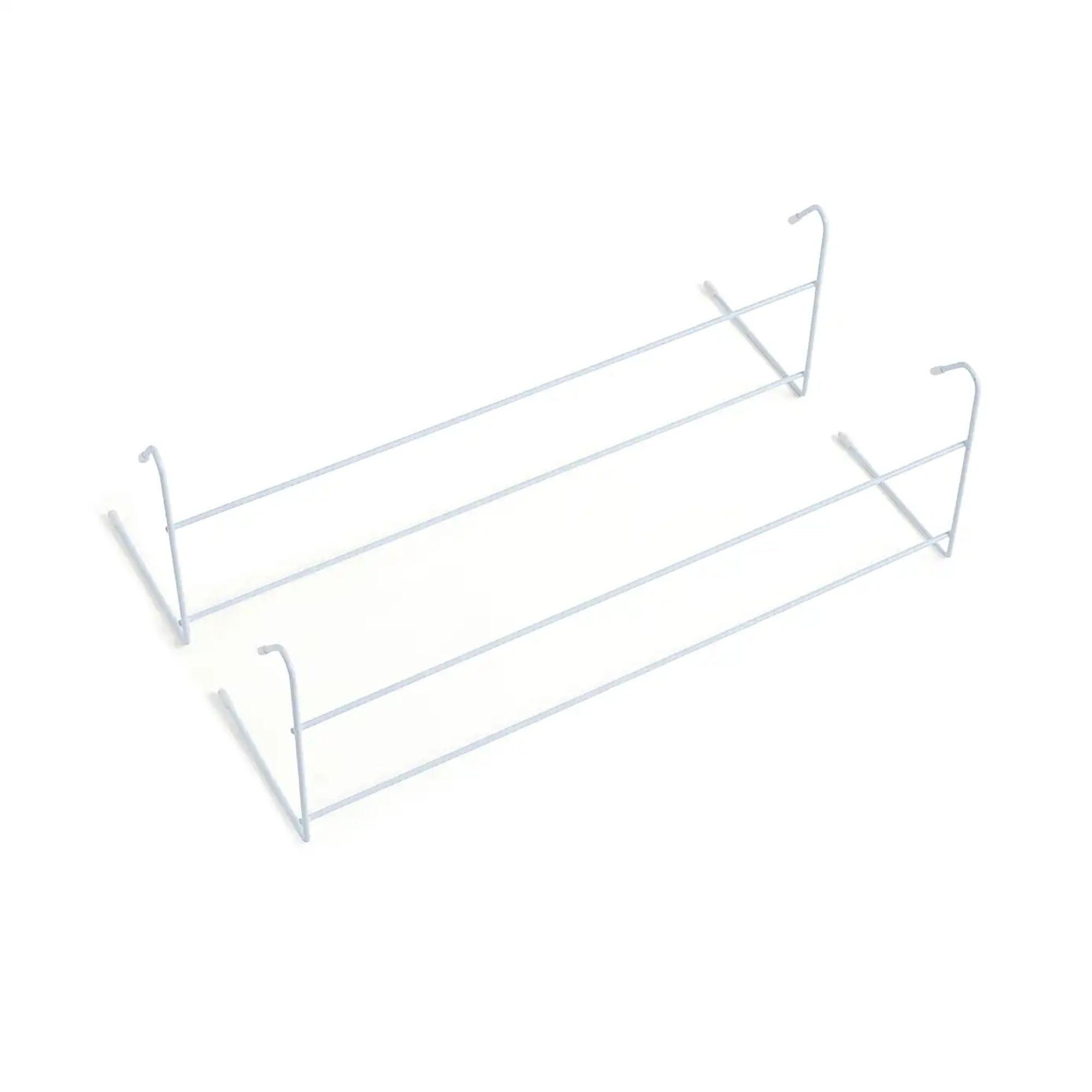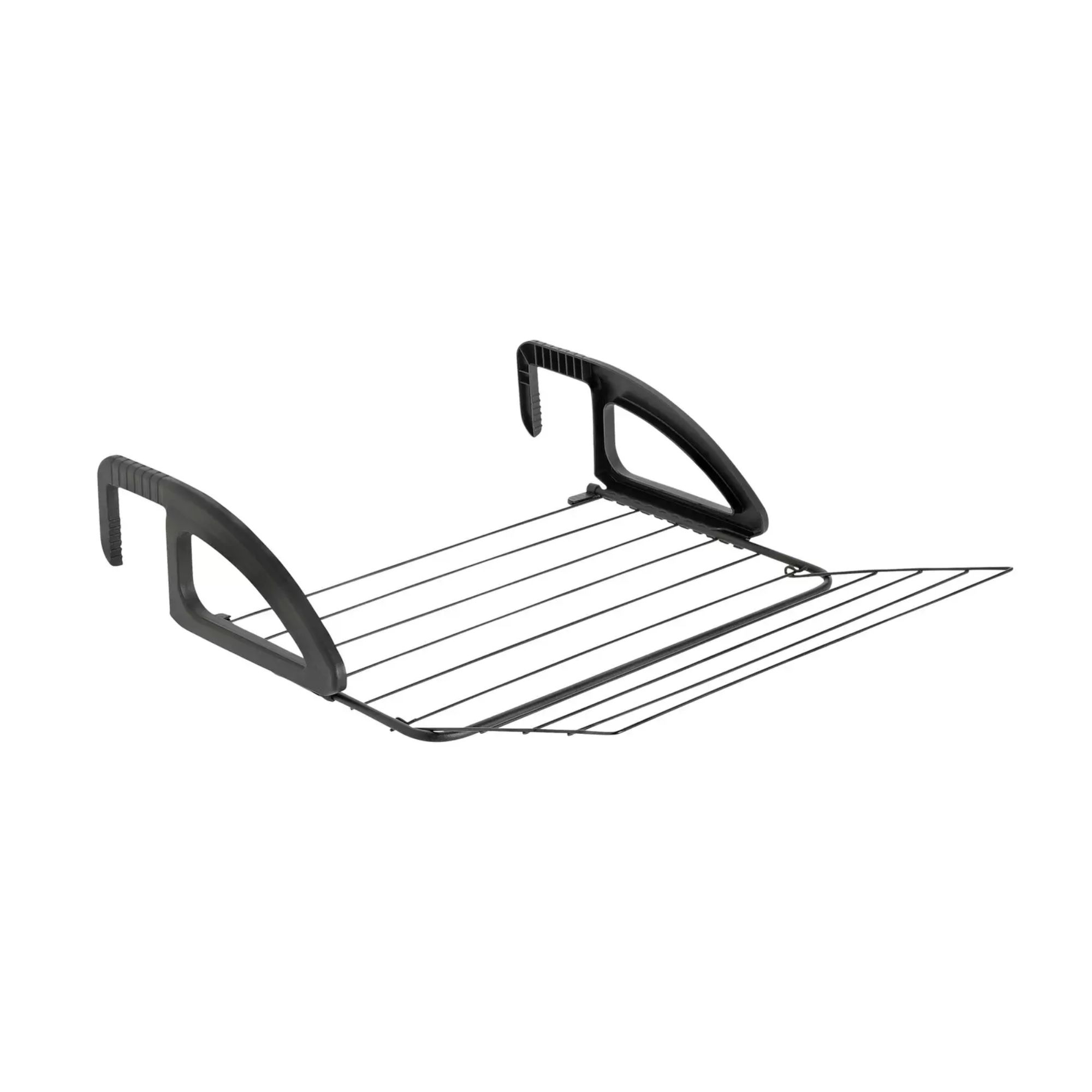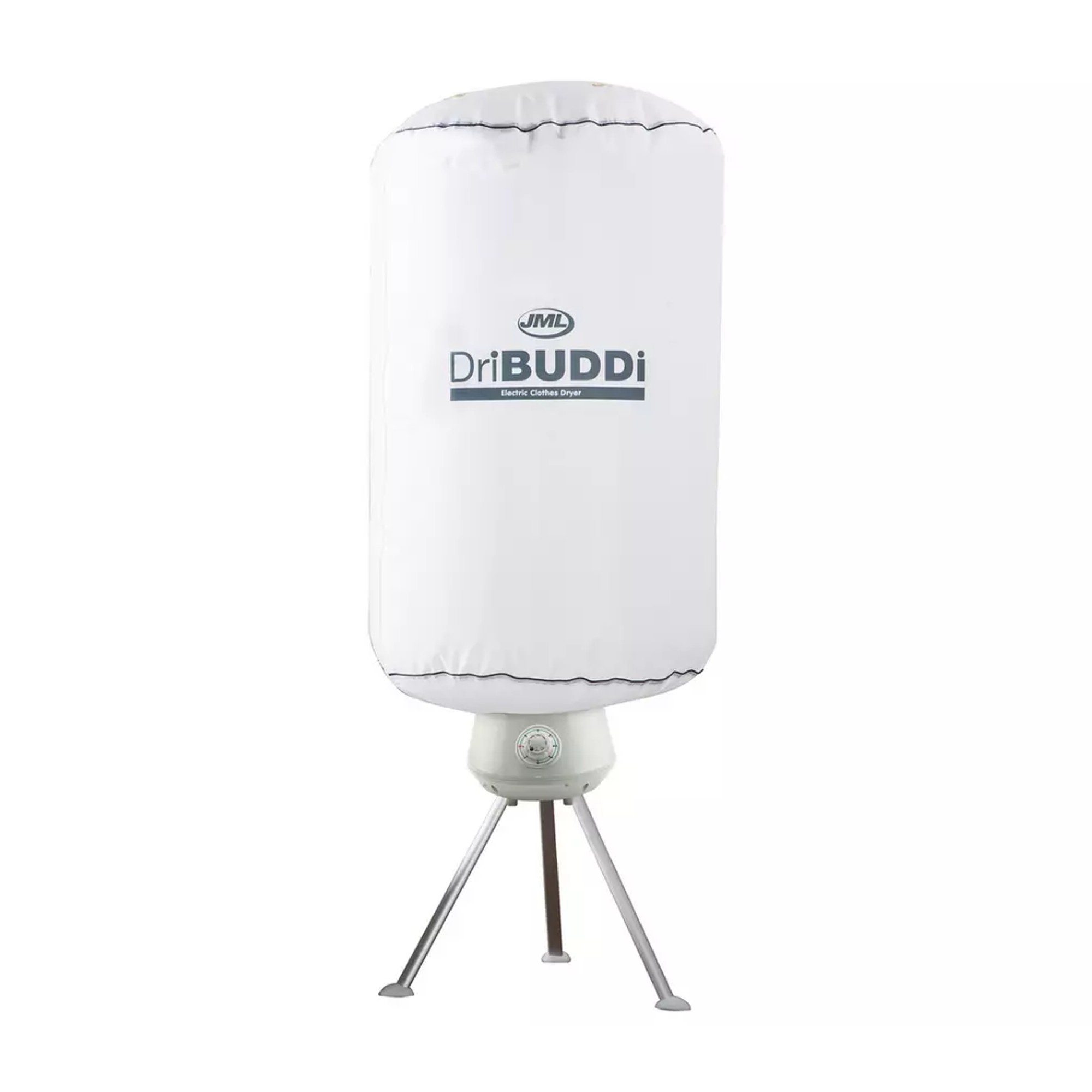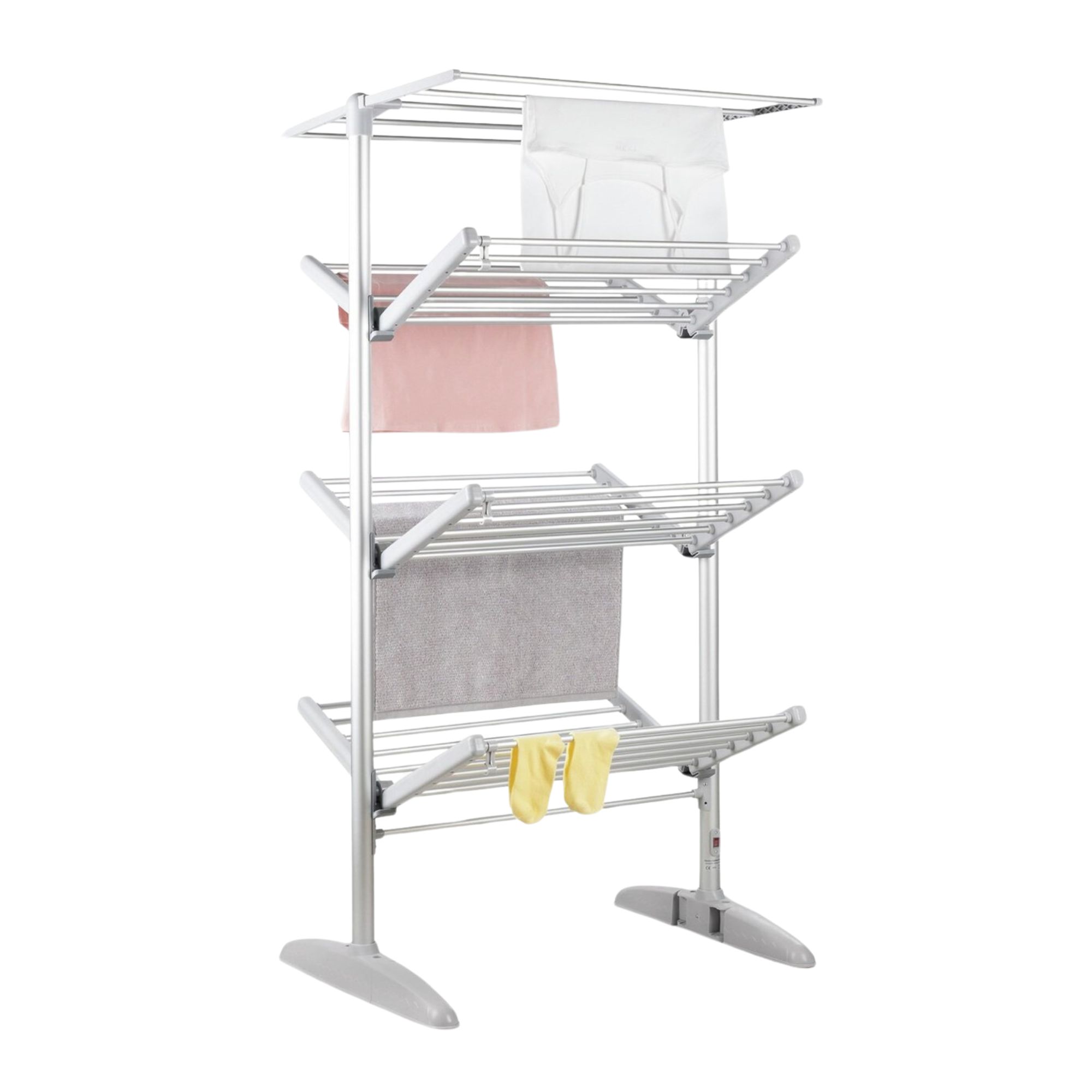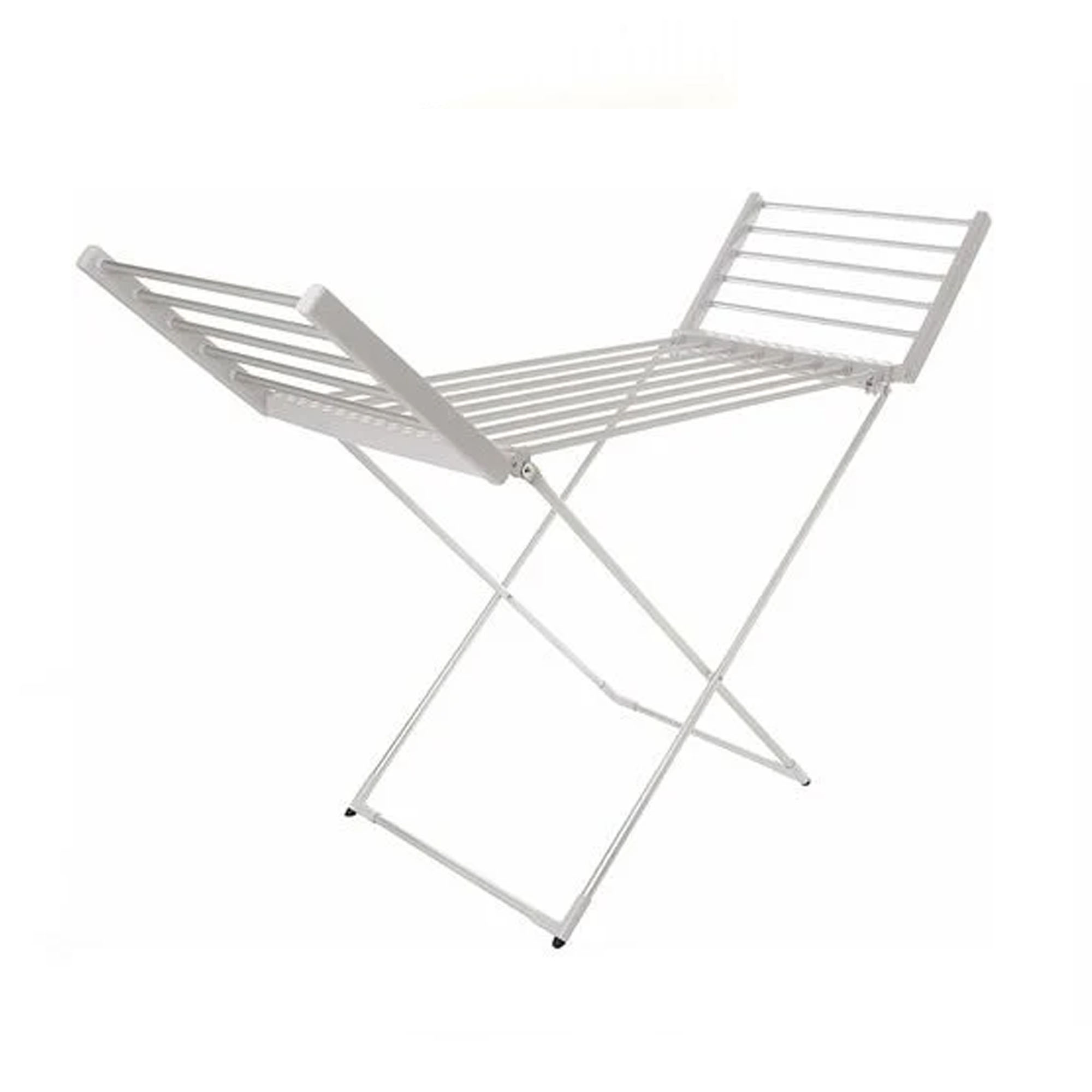Radiator clothes airer vs heated clothes airer – experts reveal which is the best option for drying clothes effectively in winter
Tips to help you decide on the best way to dry your laundry more efficiently

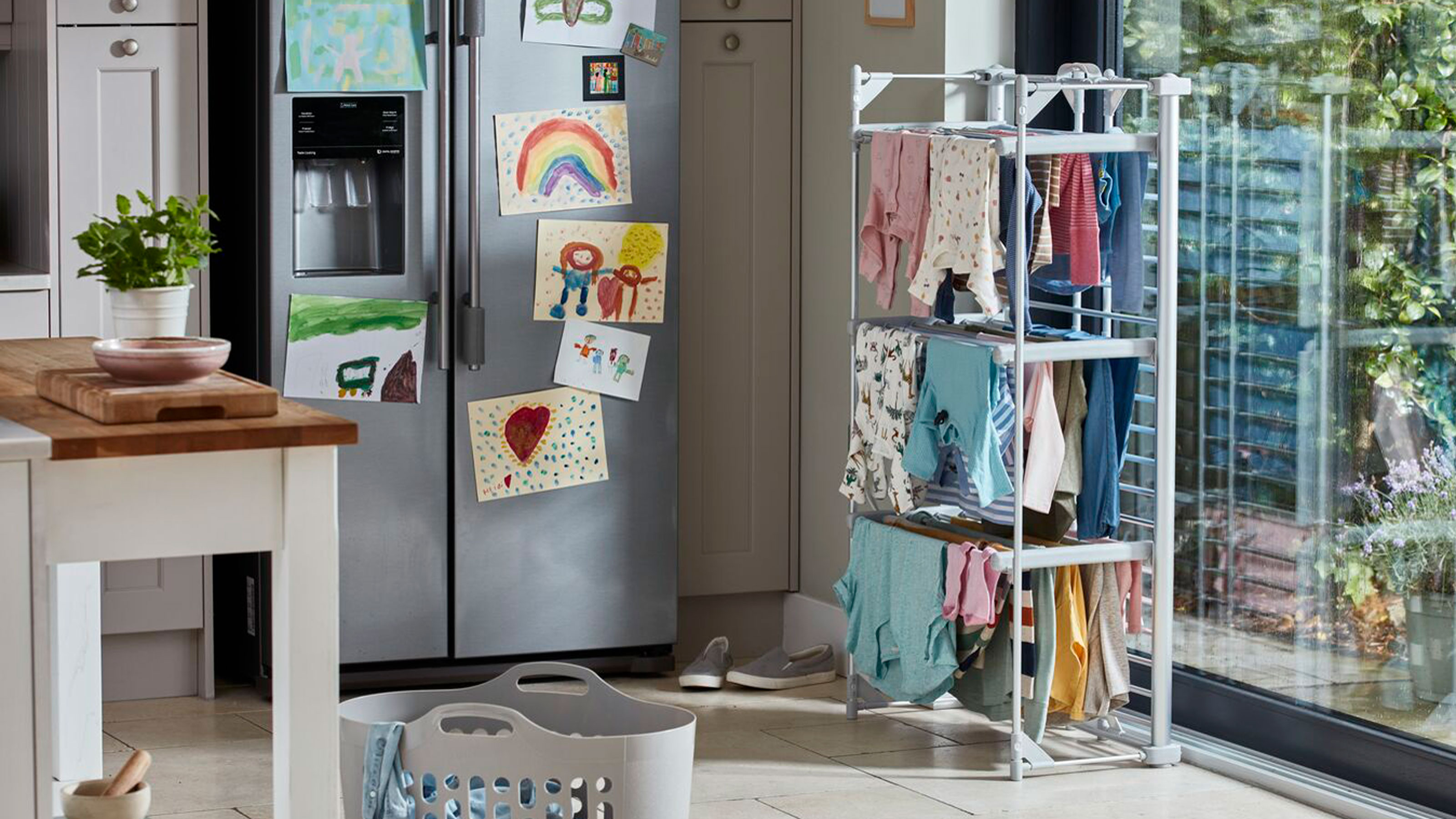
Trying to dry clothes indoors, especially in the colder months, is nothing less than a nightmare – even if it does cut down on energy costs. Rising in popularity, heated airers are quickly becoming the favoured solution for drying laundry in a flash, but is it possible that going back to basics and using radiator airers could be just as effective?
While the best heated clothes airers are undoubtedly cold weather saviours, there might be circumstances where we simply don't have the space or budget to accommodate one. However, something in our homes we do have access to? Our radiators. But, this option isn't without its caveats, given the many warnings surrounding drying clothes on a radiator.
So, if you're in a toss-up between buying a radiator airer or a heated airer to help you effectively dry clothes in winter, we've asked experts to outline the key differences and factors to consider before deciding to ensure you make the best choice.
Radiator clothes airers: pros and cons
A radiator airer is simple product that hangs over your radiator, using the heat generated to dry your wet washing.
'Radiator airers help to dry your clothes efficiently. They are designed to fit securely over radiators with ease, making it an effective space-saving way of drying clothes without covering the radiator itself,' says Paul Carroll, B&Q's energy saving expert.
'Radiator airers don't utilise additional energy themselves, as they use the heat you're already generating to warm your home, and foldable radiator airers are much smaller when folded up, making them more simple and tidier to store when required.'
But it is worth nothing that in most cases, it's only ever recommended to dry clothes on a radiator if you're using an airer, otherwise it should be avoided completely due to the risk of damp developing, increased energy use, and safety concerns.
Sign up to our newsletter for style inspiration, real homes, project and garden advice and shopping know-how
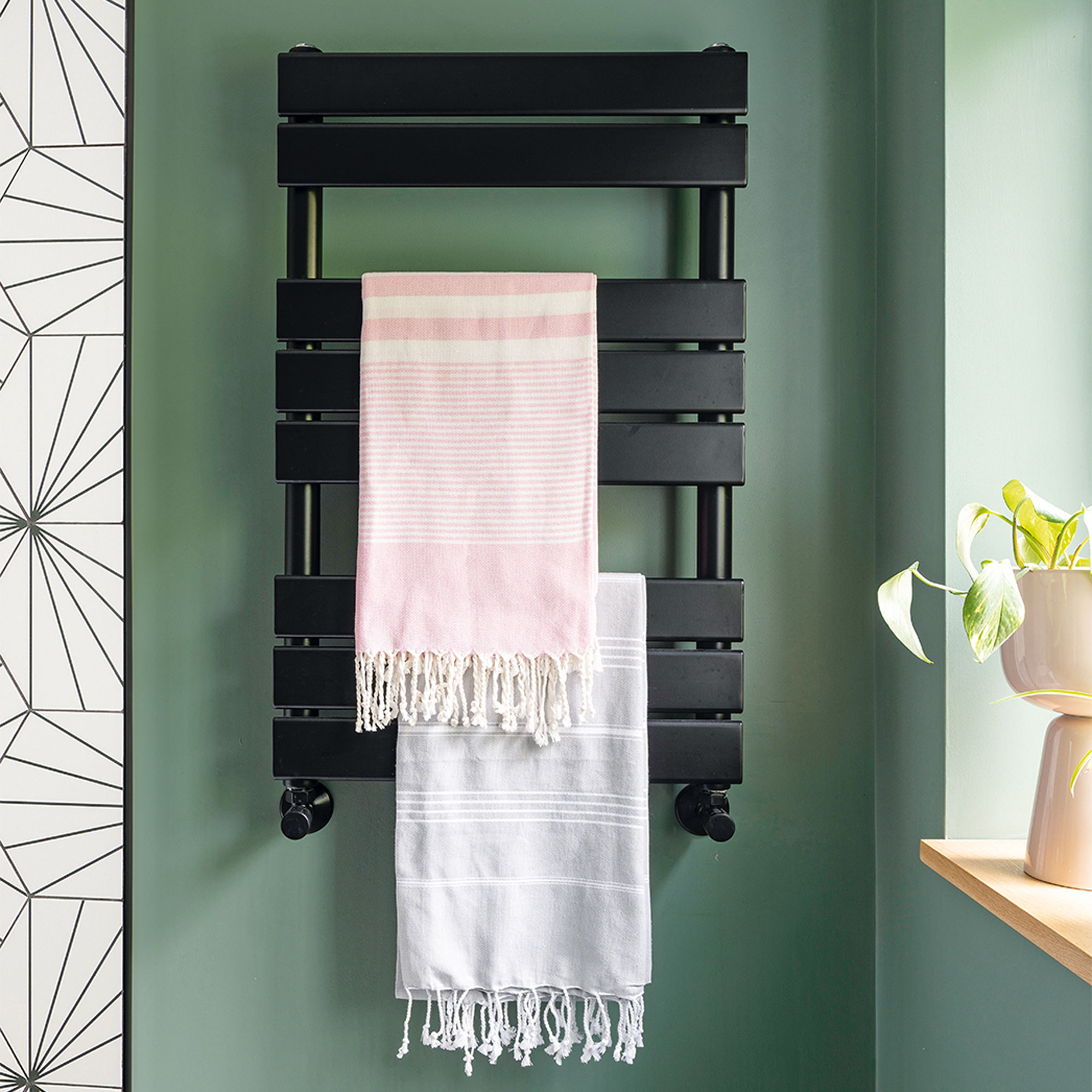
'Wet clothes being placed directly on radiators could result in moisture being spread in the air and over time, mould build-up in the room in question,' explains James Longley, managing director at Utility Bidder. 'It is also important to be aware of the dangers of drying clothes on radiators, and these include the risk of ignition and fire risk due to flammable materials being placed on a heat source,' he continues.
However, even with the use of a radiator airer, at the end of the day, the purpose of a radiator is to warm your home and not dry clothes. Yes, they're quick and handy to use in a pinch, quickly drying small loads when you don't have a lot of space, but ideally shouldn't be the first port of call.
Not to mention, their effectiveness in drying clothes relies on you turning on the heating in the first place, which is something you might be putting off until it's absolutely necessary in an attempt to keep your winter energy bills low.
Our top radiator airer picks
Heated clothes airers: pros and cons
When it comes to heated clothes airers, these are their own separate standalone product that takes the traditional clothes airer and elevates it.
'Much cheaper than running a tumble dryer, heated airers provide an even and gentle heat that dries your clothes without damaging them,' says Paul. 'They're ideal for cold or rainy days, as well as winter months when drying clothes can be tricky.'
'Heated airers are able to dry your clothes much more evenly and quickly than standard radiator airers as they work by circulating warm air around your clothes. They are also more energy-efficient than relying on your heating or even your tumble dryer, costing only around 5p to 9p per hour to run,' explains Emma Johnson, senior technologist at Dunelm.
This fact alone can make a heated airer a worthy investment for many straight off the bat, as the most energy-efficient heated airers are cheaper to run than a tumble dryer and the central heating.
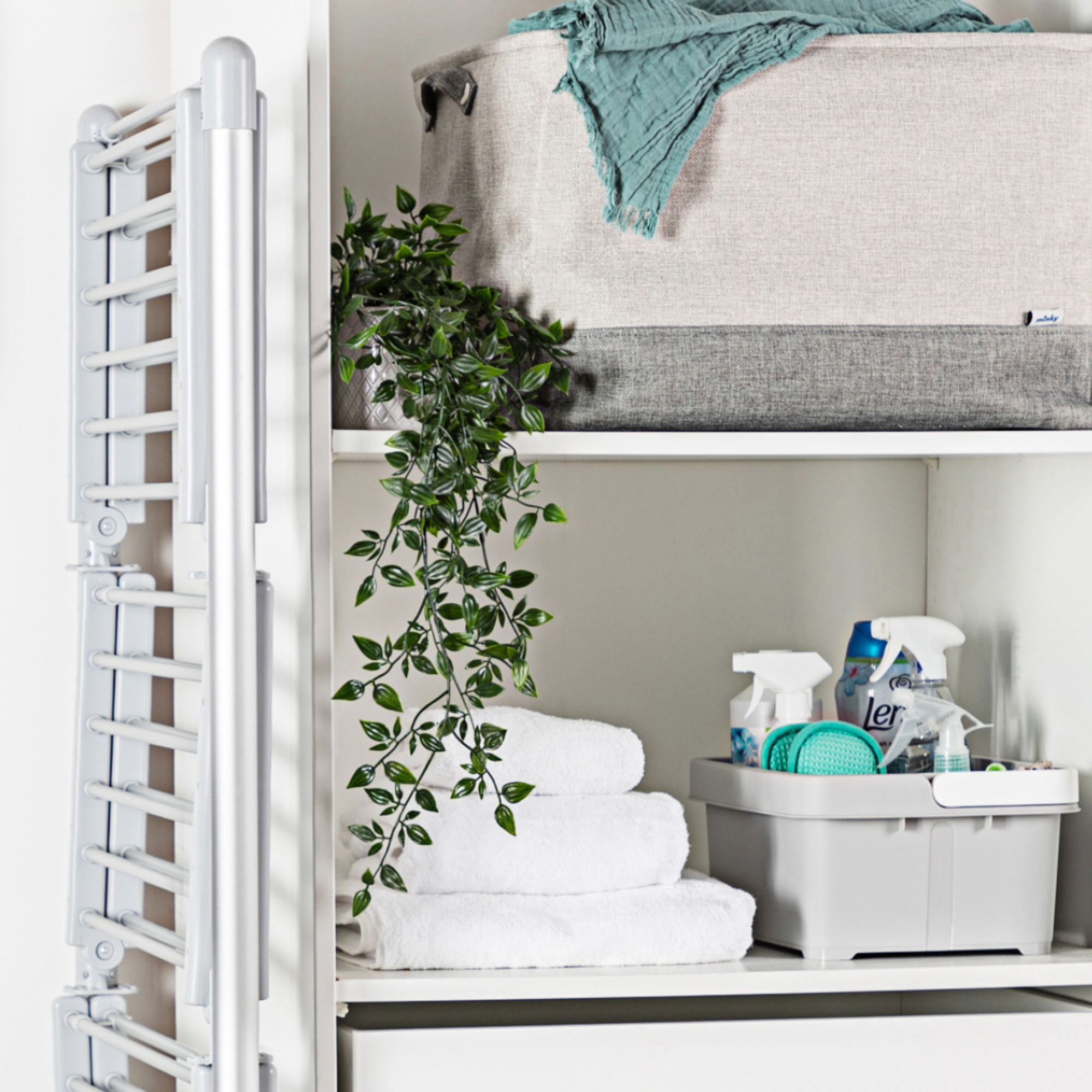
'They offer convenience and flexibility too, as they use a plug socket to work, so can be placed almost anywhere in the home,' says Kate Gibson, head of buying for home and furniture at Argos. This gives you flexibility in terms of where you dry your washing as it means you're not limited to where your radiators are located. Like radiator airers, many heated airers are also foldable and can be stored away easily.
An additional tip to using a heated airer more effectively is to use a cover with it. 'Using a heated airer cover will keep the warm air circulating and reduce drying time,' says Emma. 'Pairing your heated airer with a dehumidifier also helps remove excess moisture from the air, further speeding up the drying process.'
Before buying a heated airer, ensure you've got the space to accommodate it when it's set up, as some of the bigger tiered designs can be too large for a small home. You should also consider how much laundry you do, as that will indicate the type and size of airer you could benefit from.
Our top heated airer picks
Radiator clothes airer vs heated clothes airer: the verdict
Ultimately, choosing between a radiator clothes airer and a heated clothes airer will all come down to personal preference and needs. It's important to consider how much available space you have, how often you find yourself doing laundry, and the amount you're willing to spend.
If you're a single occupancy household that doesn't require large batches of laundry done on a really regular basis, it's likely that a radiator airer will be more than suitable for your needs. On the other hand, if you get through larger volumes of washing, you might find yourself benefitting significantly from the addition of a heated airer as part of your laundry routine.
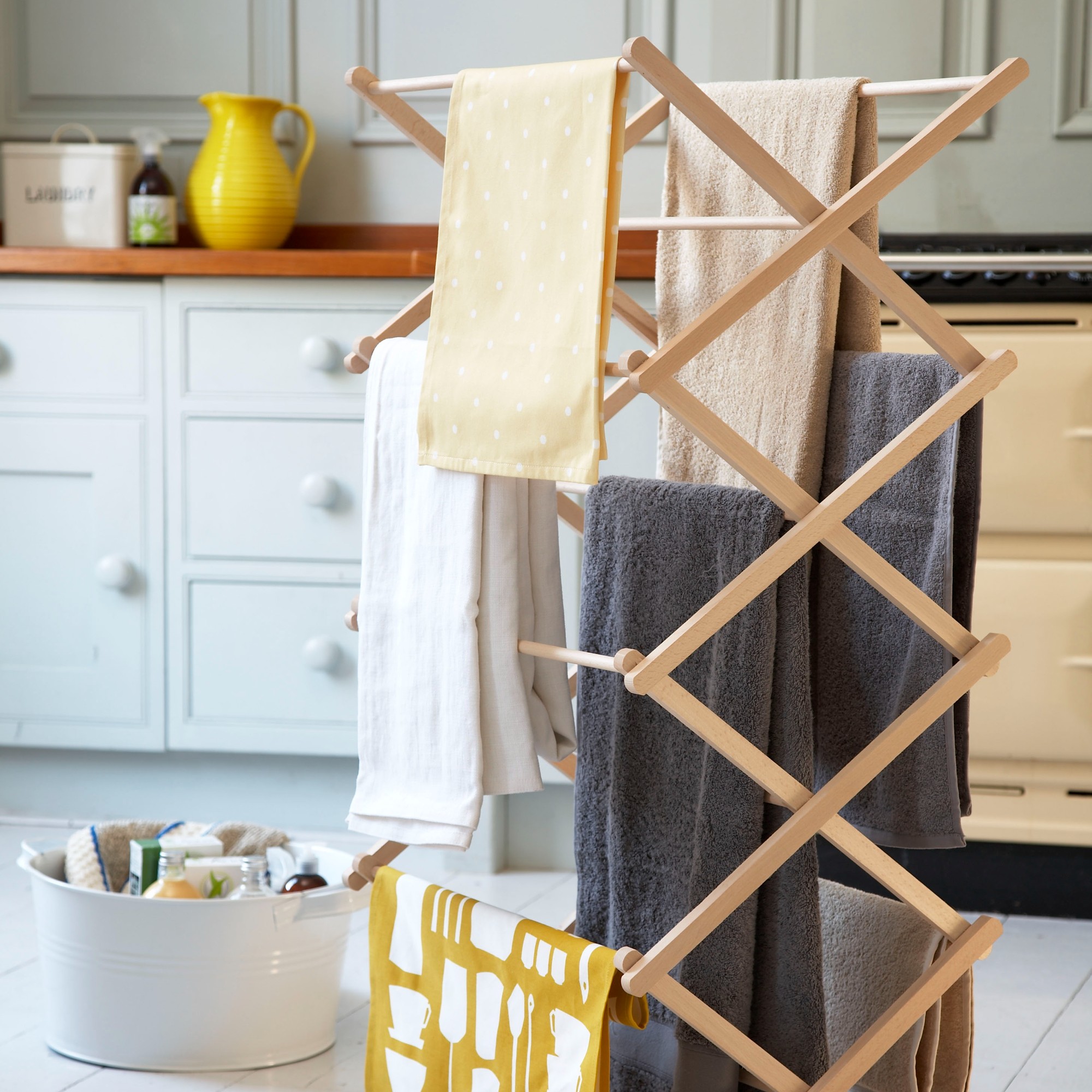
There's costs to consider too – both upfront and long-term. Right off the bat, radiator airers are undeniably cheaper than a heated airer, but you will have to factor in the cost of having your heating on in order to dry your clothes. If you have it on anyway, using a radiator airer can be a good way to kill two birds with one stone, but if you're holding off turning on your central heating until temperatures drop further, investing more upfront for a heated airer could save you more in the long-run.
'For those looking for a space saving solution, a radiator airer is the choice for you. However, if speed of drying is more important to you, a heated airer is a great choice,' adds Kate.

Jullia was Ideal Home’s Junior Writer from 2022-2024 and the Ideal Home Certified Expert in Training on Vacuums having spent over 60 hours testing different models. She’s always loved all things homes and interiors, graduating with a bachelor’s degree in Architectural Studies from the University of Nottingham where her love for writing blossomed following her internship at ArchDaily. Now focused on home tech and cleaning, Jullia works on writing features and explainers to help people make the most of their home appliance investments, putting the newest launches through their paces. When she isn’t writing, she loves exploring the city, coffee shop hopping, and losing hours to a cosy game or book.
